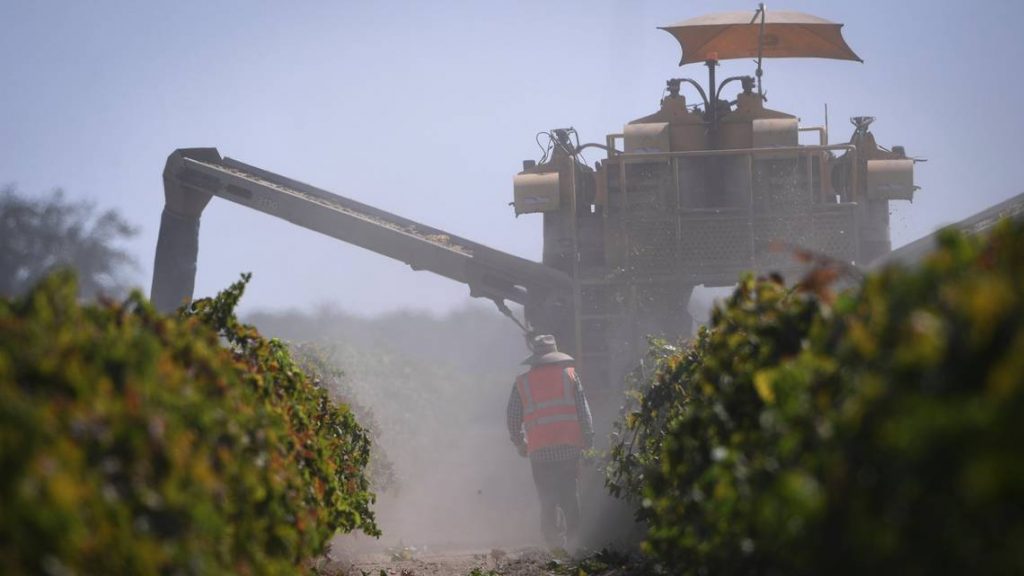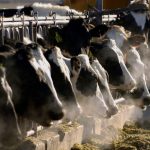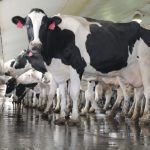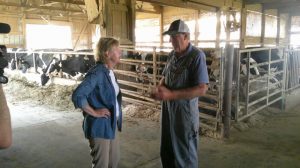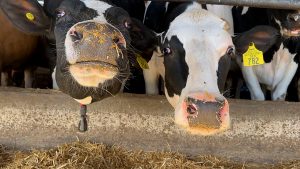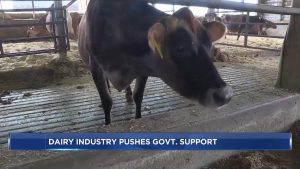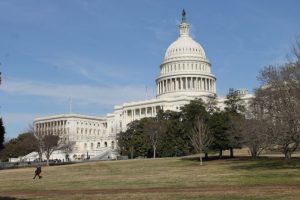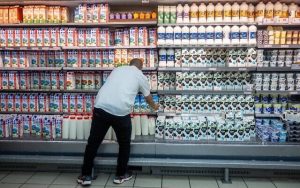
Although California’s farm country appeared to vote overwhelmingly for U.S. President-elect Donald Trump, there are concerns that his trade policies and stance on illegal immigration could cost the state’s farmers billions of dollars.
On the campaign trail, Trump talked repeatedly about imposing a 60% tariff on all Chinese products and a 10% tariff on imports from all other countries in an effort to protect U.S. companies.
But economists say such protectionist policies could backfire on California’s agricultural producers in the form of retaliatory tariffs imposed on California products such as wine, almonds, pistachios and dairy products.
In a recent study by the University of California Giannini Foundation of Agricultural Economics, researchers said a potential trade war with China could hurt California’s farmers deeply.
“If a significant new trade war develops, California could see a quarter of its agricultural exports wiped out, costing the state’s economy $6 billion annually,” wrote Colin A. Carter, a distinguished professor emeritus in the Department of Agricultural and Resource Economics at UC Davis.
Also contributing to the paper titled “Further Trade Wars Will Harm California Agriculture,” was Sandro Steinbach, an associate professor, and Yasin Yildirim, a doctoral researcher, both with the Department of Agribusiness and Applied Economics at North Dakota State University.
The authors point out that in 2018 when Trump was last president, China slapped the U.S. with a retaliatory tariff hitting California’s top exports. Almond prices fell from $2.50 a pound before the trade war to just $1.40 a pound during the trade war.
“Now, with calls to raise tariffs on imports from not just China but other countries too, there is a growing fear that California’s agricultural exports could face even deeper losses in a new potential trade war,” the authors wrote.
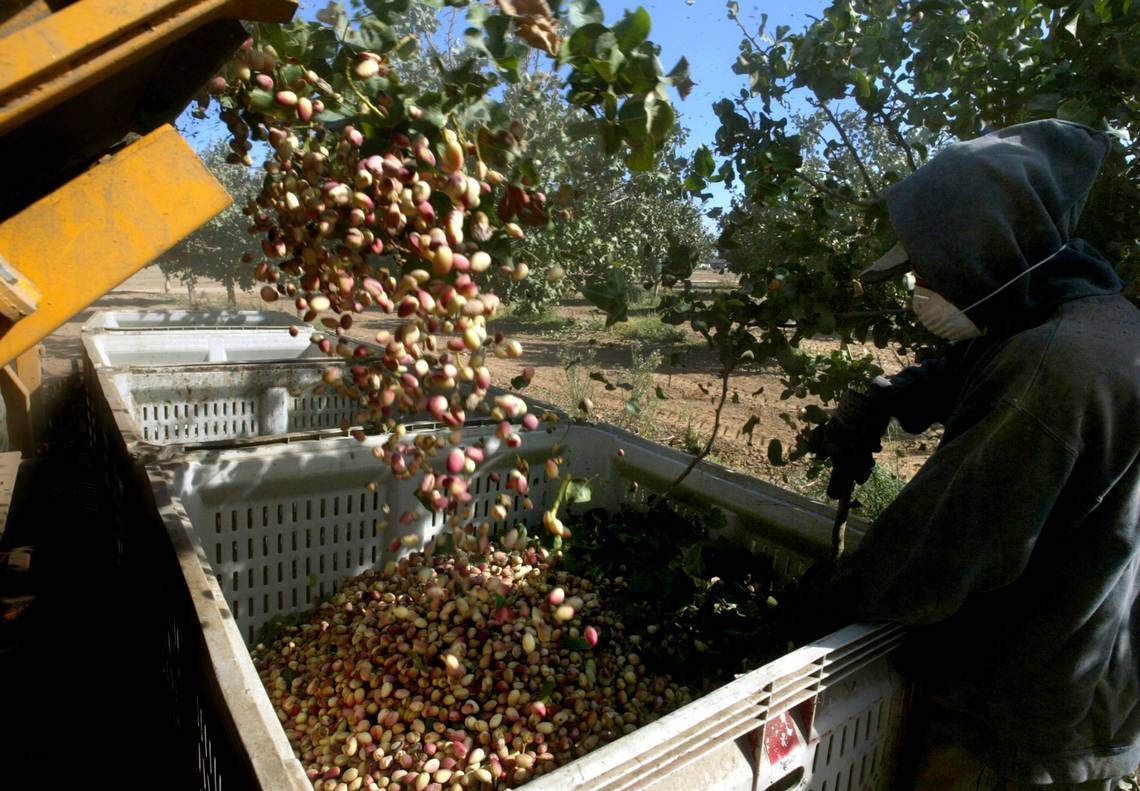
MASS DEPORTATIONS AND IMMIGRATION REFORM
California Farm Bureau President Shannon Douglass said her group looks forward to working with the new administration and Congressional leaders to address many of the challenges facing California’s farmers and ranchers, including securing a sustainable water supply, improving trade policies and tackling labor shortages.
Labor experts estimate that at least half of California’s farm labor workforce is undocumented and could be caught up in Trump’s calls for “mass deportation” of those are unauthorized to live and work in the United States.
“We must focus on easing the chronic employee shortages on California farms and ranches and reducing the barriers to employment. Our workforce represents a significant portion of total costs for many California producers, and we will only address these worsening challenges through serious bipartisan cooperation,” Douglass said.
She said California agriculture needs immigration reform — namely reforms of the H-2A agricultural visa program, which allows people from certain countries to enter the United States temporarily for on-farm jobs, and earned legal status for our current workforce.
Longtime west Valley farmer Joe Del Bosque said the thought of mass deportation is unimaginable.
“Thousands of farm workers and meat packers may be at risk of deportation. Our nation learned during the pandemic that these people are essential to our food supply. They worked every day while many people sheltered in place. They deserve to be fast-tracked to a green card, and our seasonal workers for a blue card for seasonal harvests,” Del Bosque said.
UNPRECEDENTED IMPACT ON CALIFORNIA LABOR FORCE
Estimates of how many people the mass deportations could involve include up to 11 million immigrants. Many critics have questioned the cost of such an undertaking as well as the potential for separating families.
“A policy like this would truly be unprecedented,” said James Sayre, assistant professor of cooperative extension, Agricultural and Resource Economics at UC Davis. “What they are proposing now is logistically hard to imagine.”
If a crackdown does happen, Sayre said California’s labor force would be decimated. He also predicted large expansions in the H-2A program.
The program has never been widely used by California farmers, in part, because of the cost of having to provide housing and transportation.
Sayre estimated that about 5% of California’s farm labor force are H-2A workers.
“And that number will drastically increase, if the deportations happen,” he said.
You can now read the most important #news on #eDairyNews #Whatsapp channels!!!
🇺🇸 eDairy News INGLÊS: https://whatsapp.com/channel/0029VaKsjzGDTkJyIN6hcP1K
